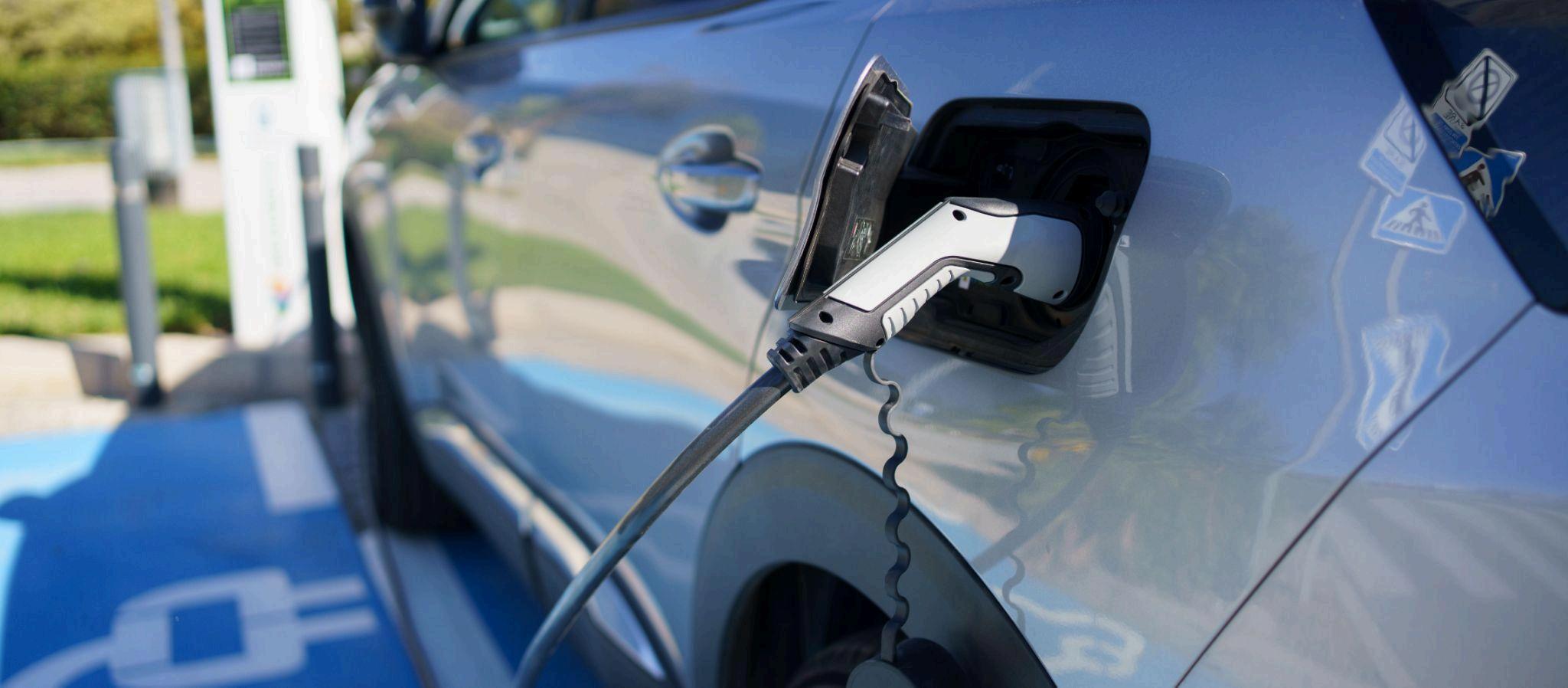Gary S Winemaster: Revamping Engine Designs for a Sustainable Future with Alternative Fuels

Gary S Winemaster explained that as the world shifts toward more sustainable solutions, the automotive and energy sectors are being forced to rethink their approach to traditional engine designs With growing concerns over climate change and environmental impact, there is an increasing demand for alternative fuels that promise to reduce emissions and promote sustainability However, the move to a greener future isn’t just about switching fuel sources; it requires a fundamental transformation in how engines are designed and optimized
One of the biggest challenges in adapting engine technology for alternative fuels lies in ensuring compatibility. Traditional engines are optimized for gasoline or diesel, and adapting them to run on biofuels, hydrogen, or electricity demands extensive changes These fuels have different chemical compositions and energy densities, necessitating the reengineering of the fuel injection system, combustion chambers, and exhaust treatment components to ensure the engine operates efficiently and safely
To address these challenges, manufacturers are exploring various approaches One standard method is modifying the internal combustion engine (ICE) to run on hydrogen or biofuels These fuels produce fewer carbon emissions than conventional gasoline or diesel, significantly reducing the engine’s carbon footprint For example, hydrogen-powered engines only emit water vapor, making them a more environmentally friendly alternative. Similarly, biofuels derived from plant matter offer a renewable energy source that can help reduce the reliance on fossil fuels
In addition to altering combustion processes, another crucial area of transformation lies in the powertrain systems Electric vehicles (EVs) have gained significant traction in recent years due to their zero-emission capability By shifting from traditional engines to electric
powertrains, automakers can significantly reduce greenhouse gas emissions This transition is driven not only by environmental concerns but also by advances in battery technology that offer longer driving ranges and faster charging times.
However, transitioning to alternative fuels is not without its hurdles Significant investments in infrastructure and technology are required to make these engines viable on a large scale. For example, the widespread adoption of hydrogen-powered vehicles depends on the creation of an expansive refueling network Similarly, biofuels require the development of sustainable agricultural practices to ensure a steady supply of raw materials
Despite these challenges, the future of engine technology is undoubtedly greener As research continues and technology advances, the dream of a more sustainable, fuel-efficient automotive industry is becoming increasingly achievable.
